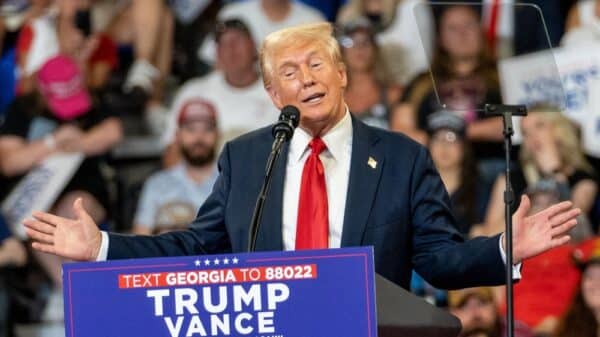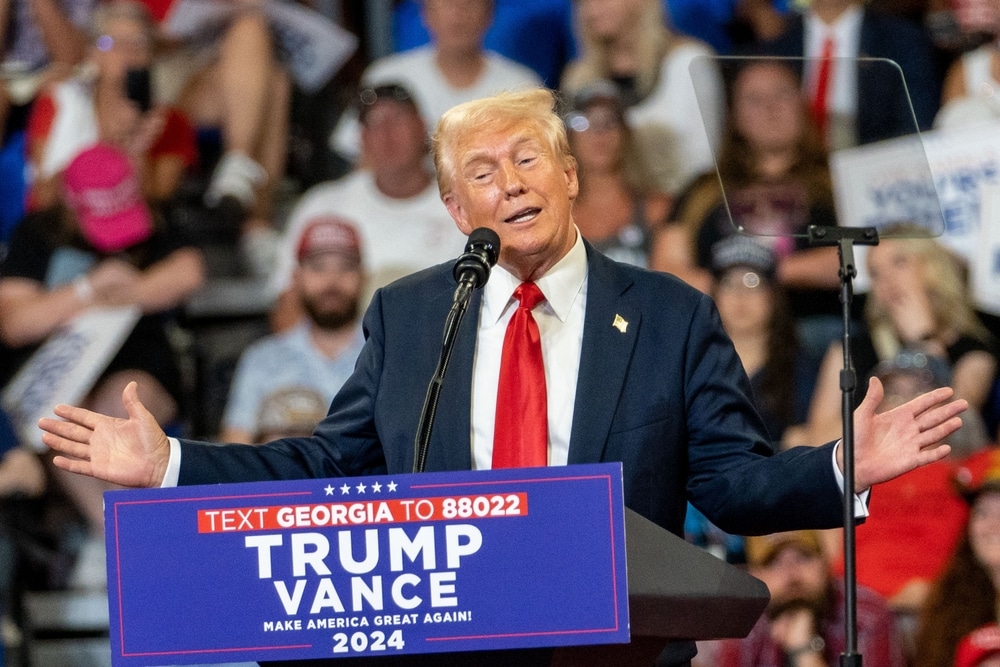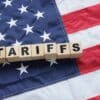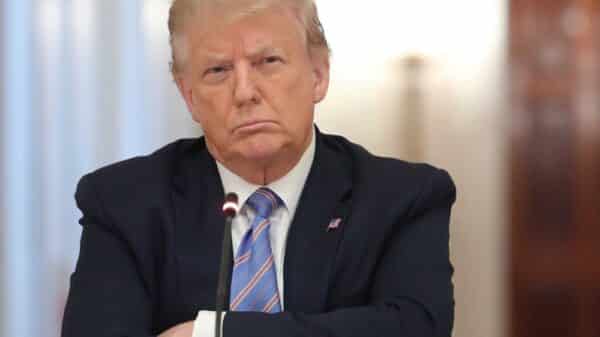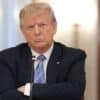U.S. President Donald Trump recently made headlines during his trip to Canada for the G7 summit by expressing frustrations over trade discussions, especially with Japan and the European Union. Speaking to reporters aboard Air Force One, he described Japan as “tough” in negotiations, while asserting that the EU had yet to offer terms he considered fair. This comes after an abrupt early departure from the summit, which left some of his trading partners disheartened, as they were hoping to hash out challenging trade issues.
Despite Trump’s exit, Treasury Secretary Scott Bessent remained in Canada to continue talks with international counterparts about these pressing trade matters. White House officials disclosed that U.S. Trade Representative Jamieson Greer and National Economic Council Director Kevin Hassett were also sticking around to engage in discussions with their international peers. While Trump managed to hold informal conversations with leaders from all G7 nations, he missed opportunities to meet with leaders from India, Australia, and Mexico, who were also in Canada for discussions.
Mexican President Claudia Sheinbaum later tweeted about a “very good” phone call she had with Trump, indicating that they agreed to collaborate on various topics. The White House later acknowledged this communication. In his remarks about the EU, Trump was straightforward, voicing his dissatisfaction: “They’re either going to make a good deal or they’ll just pay whatever we say they have to pay.”
European Commission President Ursula von der Leyen, who addressed reporters on the sidelines of the summit, emphasized the importance of reaching a deal before the imposition of higher tariffs set to take effect on July 9, following a 90-day pause. She acknowledged the complexities involved but expressed optimism about the progress made so far, stating, “It’s complex but we are advancing… we will see what the end brings.”
Trade lawyer Greta Peisch noted that Trump’s early departure was a disappointment for trading partners, as his leadership often shapes U.S. trade policy. Without clarity on what compromises he might make, negotiations could become more protracted. “If they don’t have a clear view of what that is… that can obviously slow things down,” Peisch explained, underlining the unpredictable nature of such high-stakes discussions.
Reflecting on the Japan talks, Trump mentioned a possibility of reaching an agreement, stating, “They’re tough, the Japanese are tough, but ultimately you have to understand we’re just going to send a letter saying ‘this is what you’re going to pay, otherwise you don’t have to do business with us.’ But there’s a chance.”
He also highlighted plans to introduce tariffs on pharmaceuticals imminently, reiterating a stance he has expressed before. This push for tariffs aims to pressure drug manufacturers to relocate production back to the U.S., a strategy underpinned by an ongoing investigation by the Commerce Department. “We’re going to be doing pharmaceuticals very soon. That’s going to bring all the companies back into America,” Trump asserted.
Matthew Goodman, a former senior U.S. official and fellow at the Council on Foreign Relations, pointed out that reaching any significant deals at the G7 was always likely to be challenging for Trump, especially beyond securing a limited agreement with the UK. A deal announced alongside British Prime Minister Keir Starmer reaffirmed existing quotas and tariffs but left key issues like steel and aluminum unresolved.
As Trump’s administration continues to navigate these complicated trade waters, there remain over a dozen other major U.S. trading partners still working towards agreements before the approaching expiration of the “Liberation Day” tariffs. Goodman observed that July 9 will serve as a critical deadline and is likely being used strategically by the Trump team to exert maximum pressure on other countries to concede more ground.
Although Trump hinted at potentially extending the deadline for nations actively engaged in discussions, he reiterated his threat to send letters to countries outlining the tariffs they would face if negotiations faltered. The coming weeks will be pivotal in determining the path these trade relations will take, underscoring the blend of diplomacy and tough negotiation tactics that define Trump’s approach to international trade.
Image Source: Phil Mistry / Shutterstock






